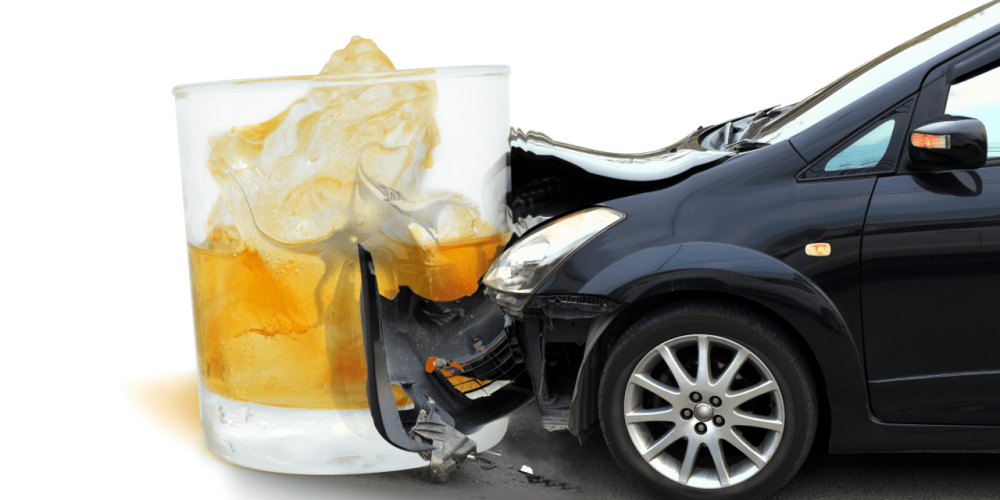Understanding Your Options: Should I Plead Guilty to Drunk Driving
Should I plead guilty to drunk driving depends on your case’s specific circumstances, evidence strength, and potential consequences. Most legal experts recommend consulting an experienced DUI attorney before entering any plea, as alternatives like plea bargaining or contesting charges may be options to discuss before entering a plea.
When facing drunk driving charges, defendants typically face three plea options: guilty, not guilty, or no contest. According to the National Highway Traffic Safety Administration, over 1 million drivers are arrested for DUI annually, making this a critical decision for many Americans.
Before deciding whether you should plead guilty to drunk driving, understanding each option’s implications becomes essential. A guilty plea accepts full responsibility and eliminates the possibility of fighting charges, while not guilty pleas preserve your right to challenge evidence and negotiate alternatives. The DUI legal process involves multiple stages where different strategies may prove beneficial.
Consequences Considered: Guilty Plea Implications
Pleading guilty to drunk driving generally leads to sentencing and limits the ability to challenge evidence or negotiate terms. According to Department of Justice statistics, first-time DUI offenders may face fines, license suspension, and possible jail time, depending on the circumstances and applicable laws.
Additional consequences include mandatory alcohol education programs, ignition interlock device installation, Increased insurance premiums for an extended period of time, and permanent criminal records affecting employment opportunities. The Federal Bureau of Investigation reports that DUI convictions remain on criminal records indefinitely in most states, impacting background checks for employment, housing, and professional licensing.
Long-term Financial Impact
Beyond immediate penalties, guilty pleas for drunk driving create substantial long-term costs. Insurance rate increases and related requirements can create significant long-term costs. Legal fees vary depending on the attorney and complexity of the case.
Strategic Alternatives: Fighting DUI Charges
Many defendants benefit from challenging drunk driving charges rather than entering immediate guilty pleas. Experienced DUI attorneys identify procedural errors, equipment malfunctions, and constitutional violations that may raise issues related to evidence or procedure that can affect how a case proceeds.
Common defense strategies include questioning breathalyzer accuracy, challenging traffic stop legality, and examining field sobriety test administration. The National Institute of Standards and Technology acknowledges that breathalyzer devices require regular calibration and proper maintenance for accurate results, creating opportunities for evidence challenges.
Plea bargaining represents another alternative, where attorneys negotiate reduced charges like reckless driving or wet reckless, which may involve different charges or sentencing considerations, depending on the case. Understanding comprehensive DUI defense strategies helps defendants make informed decisions about their cases.
Government Resources: Official Legal Information
The Department of Motor Vehicles provides state-specific information about DUI penalties and license reinstatement procedures at DMV.org. The National Highway Traffic Safety Administration offers detailed drunk driving statistics and prevention resources at NHTSA.gov. For federal sentencing guidelines and legal precedents, consult the Administrative Office of the U.S. Courts at USCourts.gov.
Key Decision Factors: When Fighting Makes Sense
Several factors indicate when defendants should consider fighting drunk driving charges rather than pleading guilty immediately. Blood alcohol concentration levels near the legal limit of 0.08% often present measurement accuracy challenges. Traffic stops lacking probable cause may result in evidence suppression, while breathalyzer refusal cases require different strategic approaches.
First-time offenders with clean driving records may wish to discuss representation and plea options with an attorney. Commercial drivers face career-threatening consequences from DUI convictions, making aggressive defense strategies essential for livelihood protection.
Professional Legal Consultation
Never make plea decisions without consulting qualified DUI attorneys who understand local court systems and prosecutor practices. Consultation fees vary by attorney and jurisdiction. Many attorneys offer payment plans making professional representation accessible.
Time limits apply to DUI cases, with administrative license suspension hearings typically required within 10 days of arrest. Acting promptly can be important for addressing procedural deadlines and available options. Contact experienced DUI legal professionals immediately after arrest to protect your rights and explore all available options.
Frequently Asked Questions About Pleading Guilty to Drunk Driving
1. What happens if I plead guilty to drunk driving immediately?
Pleading guilty eliminates your ability to challenge evidence and typically results in maximum penalties without negotiation opportunities.
2. Can I change my plea after initially pleading guilty to drunk driving?
Plea withdrawals are possible but require court approval and valid legal reasons, making initial consultation crucial before entering any plea.
3. How long do I have to decide whether I should plead guilty to drunk driving?
Arraignment typically occurs within 48-72 hours of arrest, but defendants can request continuances to consult attorneys and evaluate options.
4. Do first-time offenders receive different treatment than repeat offenders?
Yes, first-time DUI offenders typically face reduced penalties and may qualify for diversion programs unavailable to repeat offenders.
5. What’s the difference between pleading guilty and no contest to drunk driving?
No contest pleas accept penalties without admitting guilt, potentially limiting civil liability in accident cases involving injuries or property damage.
Key Takeaways
- Consult experienced DUI attorneys before entering any plea to understand available options and case strength
- Guilty pleas result in immediate sentencing without opportunities to challenge evidence or negotiate alternatives
- Fighting drunk driving charges succeeds in approximately 30% of cases through dismissals or reduced charges
- First-time offenders often benefit from plea bargaining negotiations rather than immediate guilty pleas
- Administrative license hearings require action within 10 days, making prompt legal consultation essential for preserving driving privileges








